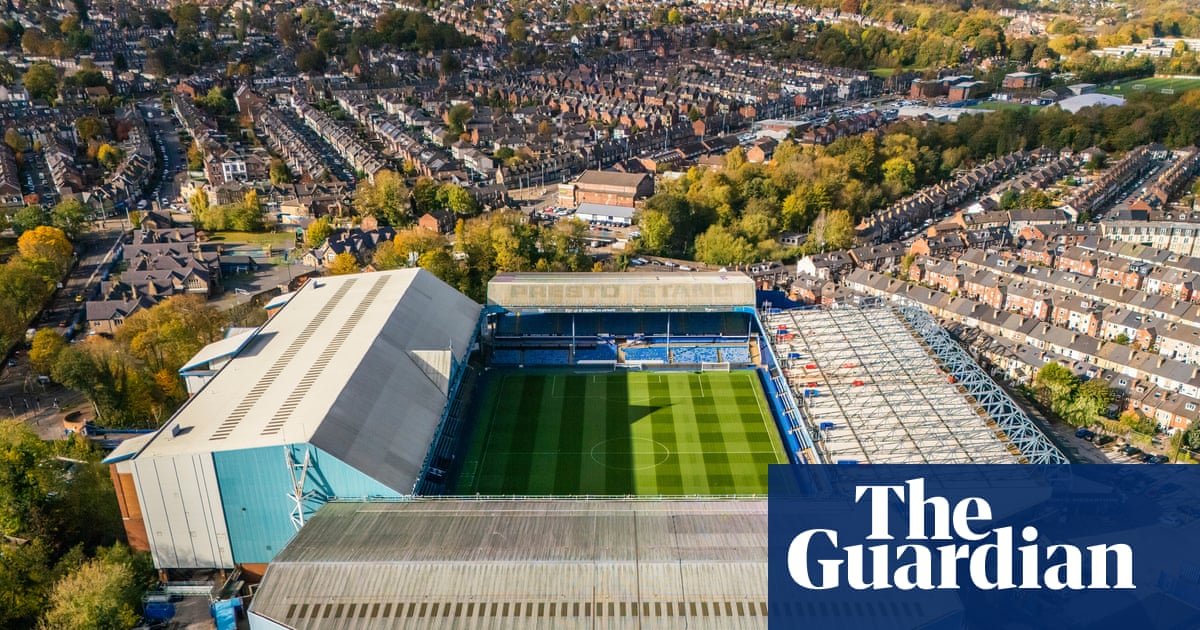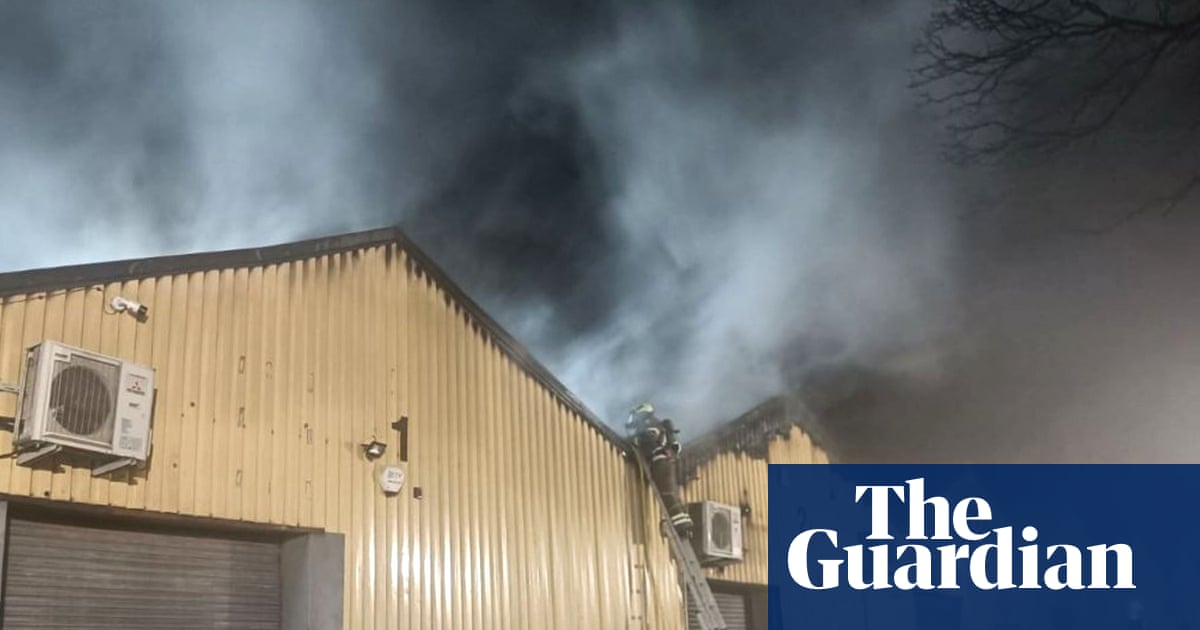A wipeout for Labour in next May’s local elections would spell the end of Keir Starmer’s premiership, MPs have said, after the party suffered a crushing defeat in its traditional heartland in Wales.
Though Plaid Cymru beat Reform UK to capture the Senedd seat in Caerphilly, the result highlighted a striking collapse of Labour’s vote, prompting fears in Westminster that Labour could be reduced to third place in Wales, a loss that would leave the leader’s position unrecoverable.
In a town that Labour has controlled for more than a century and where it still has an MP, it secured just 11% of the vote, a negative swing of 27%. The humiliating result showed that the party is highly vulnerable to challenges from other progressive parties, as well as from Reform.
It provoked renewed anger and concern from some Labour MPs, with one condemning what they called a “totally incoherent” strategy within No 10. “If the national vote across Wales in May is even in the ballpark of Caerphilly, there’s absolutely no way we can carry on like we are after that,” one senior backbencher said.
“Obviously, parties in government struggle in byelections, but when your vote collapses to that extent, someone has got to take responsibility for it. Everyone’s miserable, everyone’s despondent. It’s not as if there is an obvious sort of answer or successor to get us out of this mess. But we’re all pretty clear, we can’t just carry on as we are.”
The May elections, which include contests for more than 1,600 council seats across England, as well as for the Welsh and Scottish parliaments, have long been seen as a potential crossroads for Starmer, with some senior ministers predicting he could face a challenge if losses are particularly steep.
In Caerphilly, Plaid Cymru’s candidate, Lindsay Whittle, received 15,961 votes, more than 47% of the total, while Reform’s Llŷr Powell, who had been the favourite, was almost 4,000 votes behind.
The loss is a blow to Reform, especially after Nigel Farage travelled to the area more than once. But Powell said the race had taught the party valuable lessons before next May: “A big part of what we were trying to do here is to master our campaigning. We’ve trained so many people up on our systems. We’re now a grassroots campaigning party.”
While the Labour collapse was widely expected, it has brought practical difficulties – it now holds just 29 of the 60 Senedd seats, making it harder to pass its budget – plus a more existential worry that the party has no answers to the challenge posed by Reform and, increasingly, other parties on the left.
Many Labour MPs are worried that even if similar levels of tactical voting can hold off Reform in some areas, the beneficiaries could often be Plaid in Wales, the Scottish National party in Scotland and potentially the Greens or Liberal Democrats in parts of England.
“Our strategy is based on the idea we can unify progressive voters around a ‘stop Reform’ campaign,” one MP said. “That works so long as you remain the most viable progressive party. But if people start to think that it’s maybe another party, then suddenly that tactical voting starts to work against Labour and you get punished really badly.”
Several MPs said that while they had been buoyed up by Starmer’s passionate speech to the Labour conference in late September, in which he talked about leading a “fight for the soul” of the nation against Reform, there had been little to follow this up.
“People want to hear not just what Labour stands against, but what it stands for,” one MP said.
Another said: “Having managed to somehow stick his head outside the hostage cell, Keir’s captors have got him back inside and have sent out Shabana Mahmood to explain what we’ll do to people of different national origins who live and work in the UK. It is totally incoherent.”
Plaid’s win was being put down in part to its clear, passionate call for the people of south Wales to reject Reform’s stance on immigration.

Rhun ap Iorwerth, the party’s leader, said the people of Caerphilly had chosen “hope over division and progress over the tired status quo”. He added: “We are now the real choice for Wales, the only party able to stop billionaire-backed Reform and offer a better future that works for everyone. Wales is ready for new leadership.”
Farage, who did not attend the count, said on social media that he had expected Reform to get 12,000 votes, which it did, but that this was not enough in the face of “the total collapse of the Labour vote to Plaid”, something he said was in part down to the popularity of Whittle, who had been a local councillor for nearly 50 years.
Farage added: “The Senedd elections next year are a two-horse race between Reform UK and Plaid Cymru.”
This is a vision shared by many Labour MPs, who are unlikely to be reassured by Downing Street’s words about byelections being “always difficult for incumbent governments”.
Another senior Labour MP said Thursday’s result, if replicated in May, “should be a blaring alarm” for a change in leadership. “We can’t just drift through winter on autopilot,” they said. “The loss of Caerphilly is the direct result of the party losing touch with its own voters.”
Others were public in their call for change. Mainstream, the new Andy Burnham-backed centre-left Labour grouping, called the result “a tragedy, but not a surprise”, adding: “So long as UK Labour governs without a clear vision, detached from its moral purpose and democratic socialist foundations, losses like this will only become more frequent.”
Speaking to the BBC after the result, the Labour Senedd member Alun Davies criticised his party in Westminster for the way it had been speaking about refugees and “using the language of Reform”.
But the Cabinet Office minister, Nick Thomas-Symonds, said this was not a debate that could be ducked: “With regard to the issue of the small boats crossing the English Channel and securing our borders, that is because people are saying to us, very clearly, it’s a huge priority for them.”

.png) 3 hours ago
3
3 hours ago
3

















































